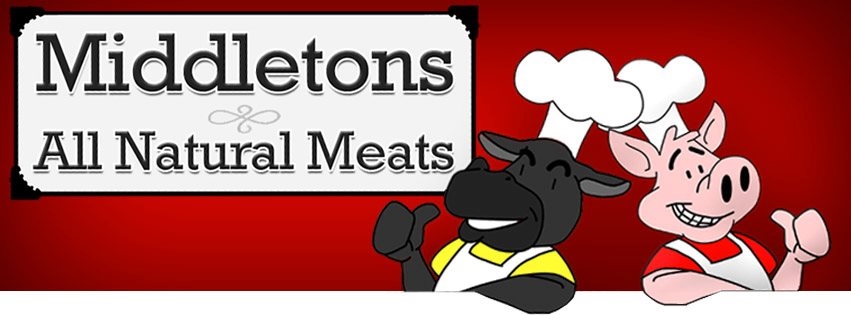WHY IS DIRT IMPORTANT?
Sustainability or organic?
Did you ever think how important dirt is in our lives? Well if you haven’t let us look at that subject today. Everything that lives came from the soil, GOD took a handful of earth and breathed life into it and it became man. Our sustenance comes from the soil that plants grow in, animals eat plants, people eat plants and animals. So soil is our very existence.
Now here comes the hard part our soils are becoming depleted due to mono cropping, that is growing the same crop year after year. We use more and more chemicals on our soil to maintain fertility so our food is becoming more depleted in nutrients. We continue to grow bulk but are we providing nutrition? Are our current health problems related to soil health?
I believe the answer is yes, but how do we change? Is organic the answer? In my opinion organic is not the solution but merely a part of the solution. Sustainability should be our emphasis, by being sustainable it may involve areas that are not organic but necessary for survival. Any situation that is not sustainable will not last. Let’s look at the past and see how agriculture functioned. Crop rotation was followed to produce nutrients from one crop to be utilized by the next crop, as in growing nitrogen fixing crops followed by a nitrogen consuming crop or legumes followed by grasses. The utilization of livestock and different species of livestock on the farm to produce manure. Manure was then added back to the soil releasing macro and micro nutrients. Growing biomass and the use of cover crops to increase organic matter that invites fungi, microbes and earthworms do increase soil fertility and organic matter. A higher organic matter increases water infiltration and holding capacity which lessens drought conditions.
When the soil is healthy the plants it produces are healthier and more apt to ward off disease and insects, crop rotation breaks the life cycle of disease and insects also. So if spraying for weeds and insects is reduced because of improved health and farming practices there should be an increase in the health of the people and animals consuming these plants also.
Our cattle are raised on a Managed Intensive Grazing system. We have over twenty small paddocks on our farm; the cattle are on a paddock for up to three days and then move to the next paddock. The cattle are always eating grass in the vegetative stage that is high in protein and the grass is rested for up to thirty days between grazing. A large amount of manure is left scattered within the paddock which breaks down for nutrients to grow more grass, also the fly and worm cycle is broken by constantly moving the cattle. Some grass is stockpiled for winter grazing, (allowing paddocks to not be grazed and grass continue to grow), in that way we are not spending time and diesel to harvest hay and feeding hay in the wintertime, also manure is spread around the paddock instead of accumulating around a bale feeder. By raising cattle this way I believe we are more sustainable by reducing cost and improving the environment along with the health of our cattle. So the beef from Middleton’s All Natural Meats will always be - all natural grassfed beef. David




